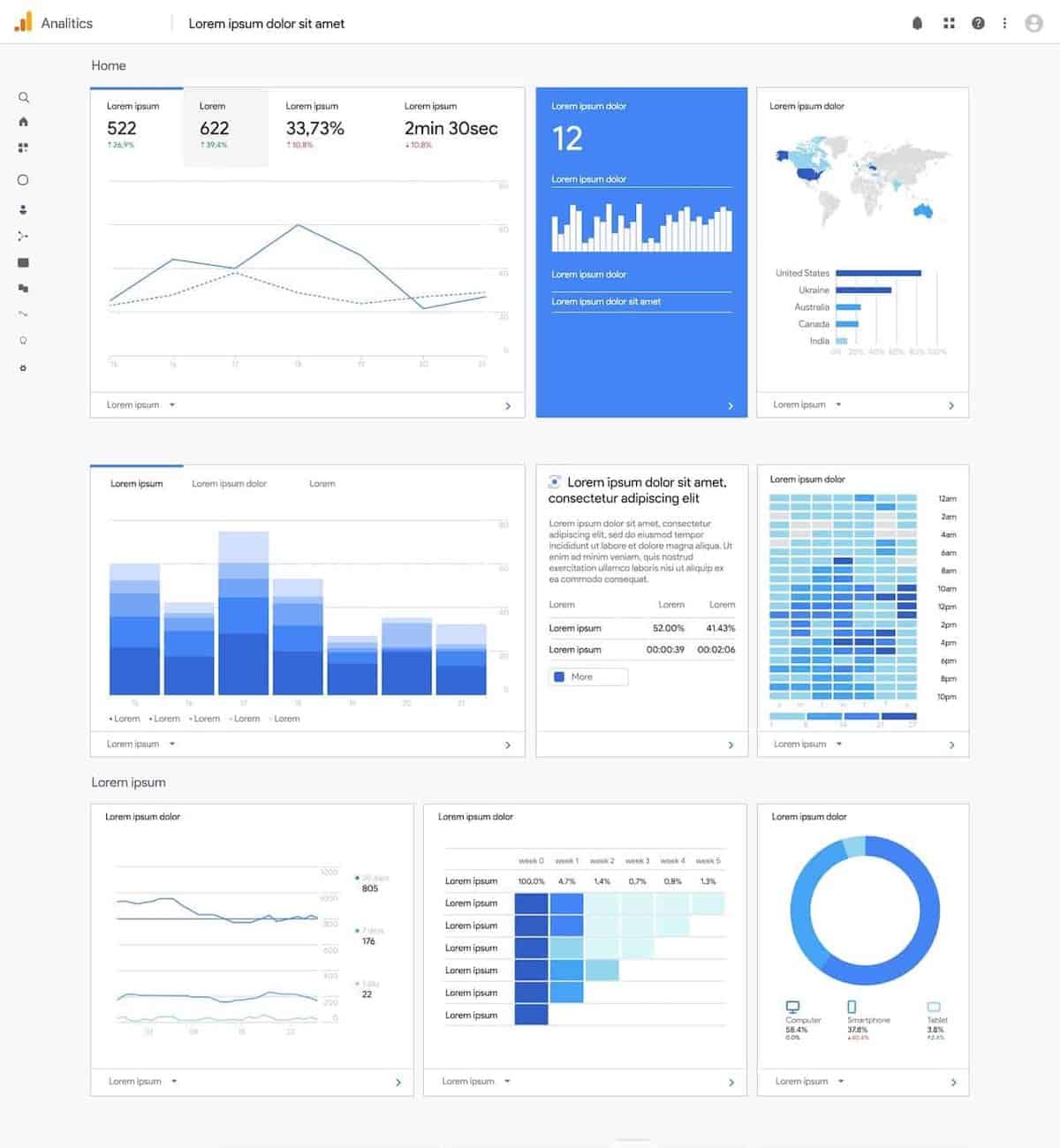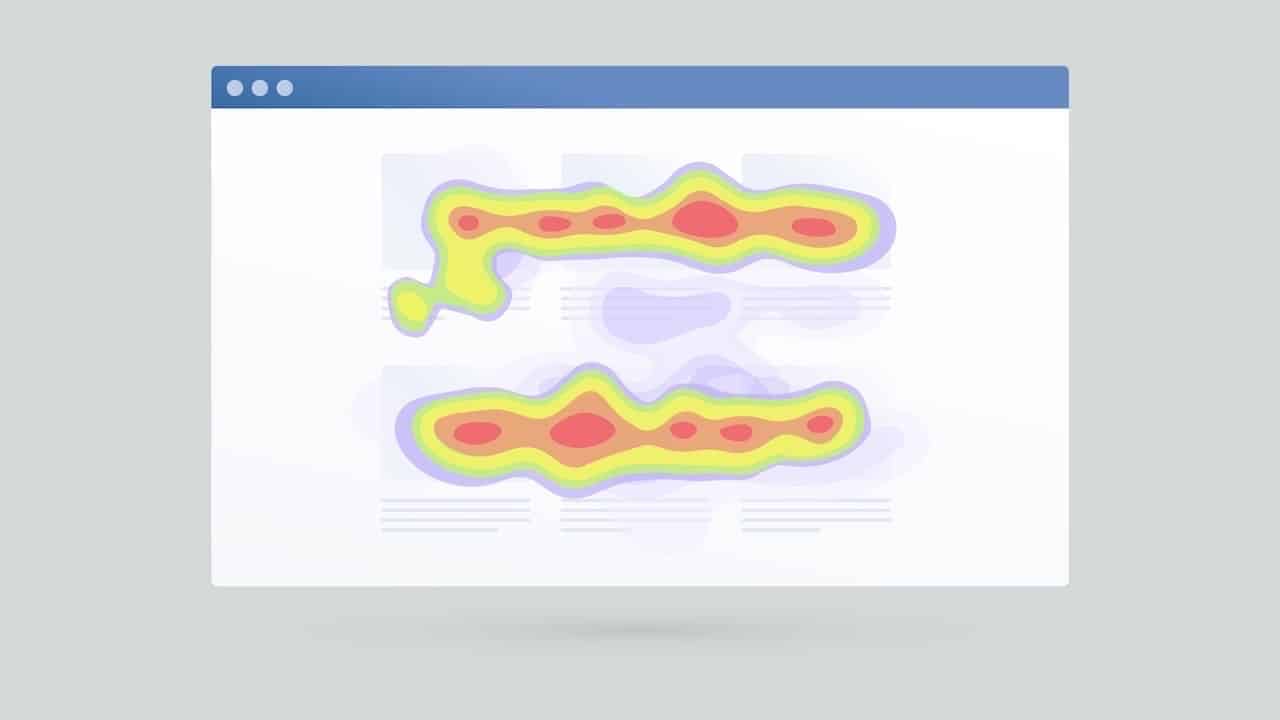Here's WhatOur Clients Are Saying
Adil is extremely thorough in everything he has done for us and for our business units, from providing well-researched & analyzed solutions, to walking through how their KPIs can be achieved. I wouldn't hesitate to recommend him for your digital marketing needs.

My site has been effective for bringing in business and clarifying to potential clients exactly what we do. It has opened up many opportunities, including major businesses such as Amazon. Devin made sure the entire process of launching the website was straightforward.

Adil and his team came through for us during a critical point in our online business. Our website redesign was not only more intuitive for our users, it opened us up to new possibilities that have since helped us grow and diversify our revenue and expand our user base.

We were looking for ways to attract more candidates while reducing our recruitment costs. Adil's team helped us formulate our website design, SEO strategy, and onboard our content management team. His efforts helped us reach 20K visitors/month.

We needed an E-Commerce website that enabled visitors to request a quote based on their specific needs. After launching, we were well supported to make sure the site functioned as intended. It has become a quotation generating engine for our business.














